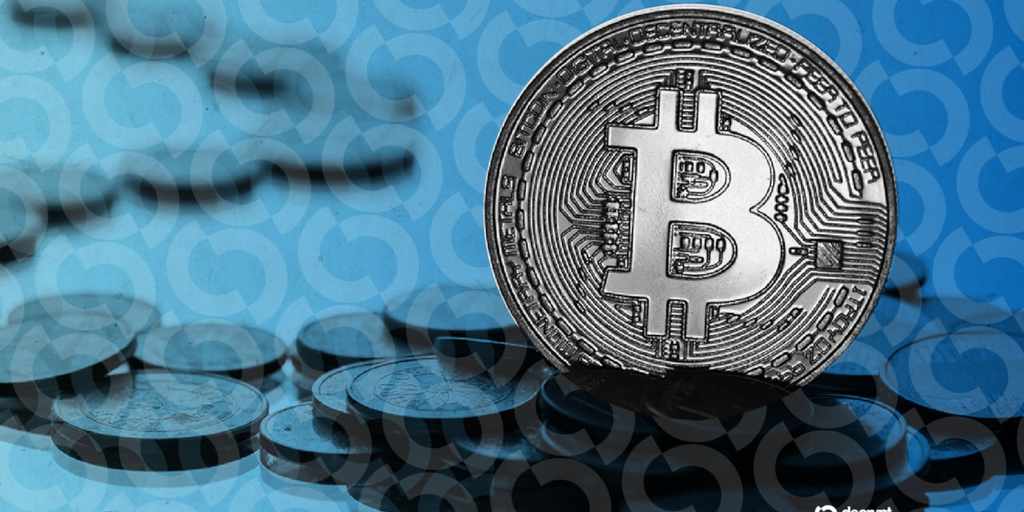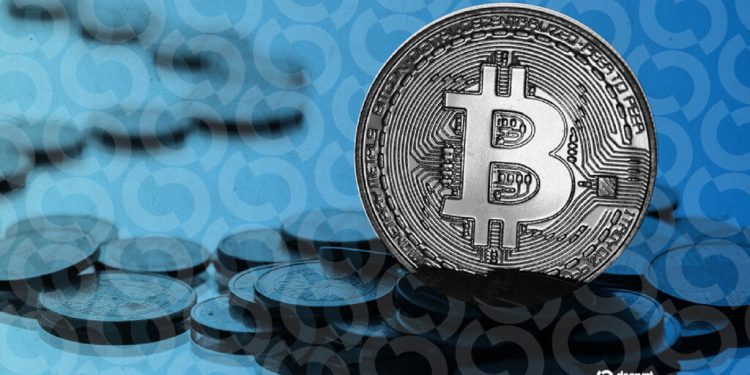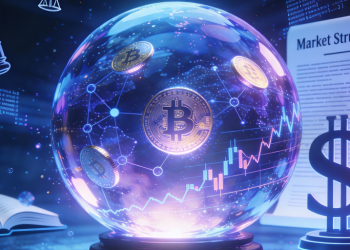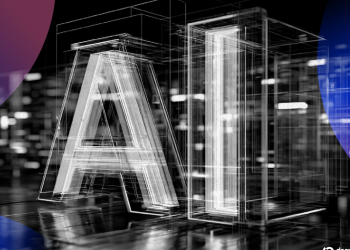
In brief
- A debate in Taiwan’s parliament sought to reassess Bitcoin as a possible reserve asset.
- Premier Cho ordered an updated reserve analysis and a full Bitcoin inventory this year.
- Taiwan appears to be reassessing its long-term position as it faces risks tied to its U.S. and China dependencies, Decrypt was told.
A Taiwanese lawmaker is pressing their government to add Bitcoin to its strategic reserves, after global forecasts suggested the digital asset could become part of central bank balance sheets within the decade.
The debate centers on Taiwan’s exposure to U.S. debt and China’s economic cycle, the supposed secrecy around seized Bitcoin held in ongoing criminal cases, and the risk that a slow regulatory stance could leave it behind other jurisdictions already experimenting with digital reserve diversification.
“Virtual assets are no longer just speculative commodities, but a new battleground for national security and financial sovereignty,” Ge Rujun, a Taiwan People’s Party legislator, argued during the Legislative Yuan’s general financial interpellation held Tuesday, according to a translation of a report from The Police Times.
The Legislative Yuan is Taiwan’s unicameral parliament and its primary lawmaking and oversight body.
Ge pressed the central bank after Governor Yang Chin-long stated that “2030 is still far,” asking in return whether “given the global changes, can Taiwan wait until 2030?”
The lawmaker urged the government to update its Bitcoin assessment so that it reflects present risks instead of basing policy off of older views on digital assets.
Ge said the administration has been “overly cautious, which is tantamount to laziness,” and argued that if the treasury “is not short of funds at the moment, these virtual currencies can be retained for now.”
The solon added that the government needs to complete a full inventory of its confiscated Bitcoin before it can decide whether the assets should be kept or sold.
Decrypt has approached Ge for further comment.
The debate follows a projection from Deutsche Bank Research Institute published in September that there is “room for both gold and Bitcoin to coexist on central bank balance sheets” by 2030.
Taiwan’s foreign-exchange reserves stood at roughly $600 billion as of the end of October, according to central bank data, with more than 80% reportedly invested in U.S. Treasury bonds.
Closing the session, Premier Cho Jung-tai committed to publishing an updated Bitcoin-reserve assessment and a full inventory report by year-end.
Decrypt has reached out to the Legislative Yuan’s secretariat for comment.
Finding a fit
Local observers say the debate offers a glimpse into how Taiwan is reassessing its position on digital assets.
The debate in Taiwan “goes far beyond Bitcoin itself,” Bonnie Chang, host of Bonnie Blockchain, the largest Chinese-language Bitcoin and crypto YouTube channel, told Decrypt.
“What it really reflects is Taiwan looking at its long-term position in a world where the center of gravity in technology has moved from hardware to software, AI, and digital financial infrastructure,” she added.
Taiwan’s decades of history as the “hardware backbone of the world” shows that its legislature is “reassessing where it fits in the next phase of global technology and monetary design,” Chang said.
Sensitive geopolitical contexts through a “specific structural reality” also come into play, Change observes.
“Taiwan is effectively long the U.S. dollar through its reserve holdings, and long China’s economic cycle through trade and supply-chain reliance,” she noted. “That combination creates a distinct kind of concentration risk for an economy that sits in a sensitive geopolitical position.”
Still, public reaction could form “another part of the story,” Chang said. Any mention of crypto in Taiwan “tends to trigger strong feelings,” and “many people are still carrying trauma from scams and high-profile fraud cases.”
Such a history “can shape how the discussion unfolds,” she said, stressing the need for financial education in Taiwan because “without it, conversations that belong to the policy arena can easily get pulled back into public fear.”
Daily Debrief Newsletter
Start every day with the top news stories right now, plus original features, a podcast, videos and more.





















